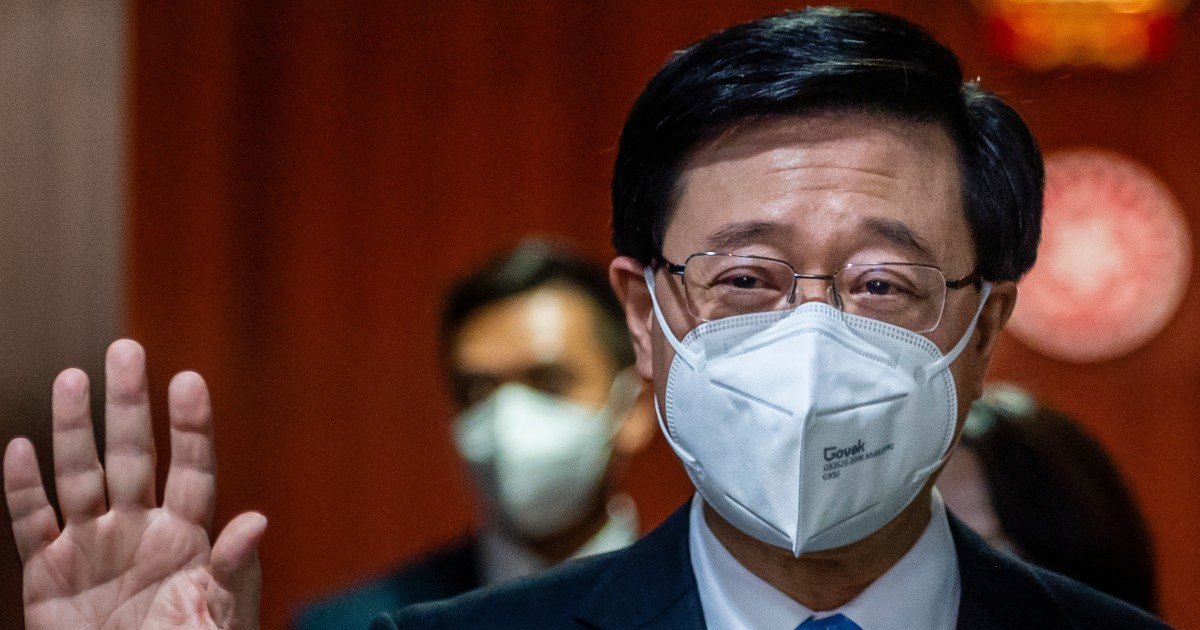Hong Kong Government Alerts Public to AI-Generated Scams Featuring Deepfake of Chief Executive
Jessie A Ellis Jan 12, 2024 11:20
The Hong Kong government warns against AI-generated scams, including a deepfake video of Chief Executive John Lee, urging public vigilance and caution.

The Hong Kong government has issued a stern warning about the dangers of AI-generated scams following the circulation of a deepfake video featuring Chief Executive John Lee Ka-chiu. This fraudulent video portrayed Lee endorsing an investment scheme with supposedly high returns. The government has denounced this as a bogus creation, emphasizing the importance of public awareness regarding such deceitful tactics.
This incident is part of a growing trend where scammers use sophisticated AI technology to create convincing deepfakes of public figures. In September 2022, the Chief Executive’s Office had issued a similar warning when Lee's image and fabricated quotes were used to attract people to a suspicious online trading platform. This platform falsely claimed an endorsement from Lee for a cryptocurrency trading system, including a fabricated interview and a link to their site.
Such AI-generated scams are increasingly sophisticated, exploiting the trust people place in familiar faces and authorities. These scams vary in their approach, including fake video interviews with cloned voices of notable personalities and even threats using manipulated videos. For example, one victim lost HK$1,700 in computer game credits due to a fake video interview with a bank chief executive's cloned voice. Another incident involved a man who was threatened with a video where his face was superimposed onto explicit content.
The Hong Kong police had alerted the public as early as July 2022 about the rise of AI-generated scams. The police and government authorities are emphasizing the importance of vigilance and verification of the authenticity of online promotions and content. The growing sophistication of these scams poses a significant challenge for law enforcement and requires continuous adaptation and collaboration between government, technology experts, and law enforcement agencies.
In the digital age, where AI and technology play increasingly significant roles, public awareness and skepticism are key to guarding against such deceptive practices. The Hong Kong government's warnings highlight the need for critical thinking and caution in the face of such advanced fraudulent schemes.
Image source: Shutterstock